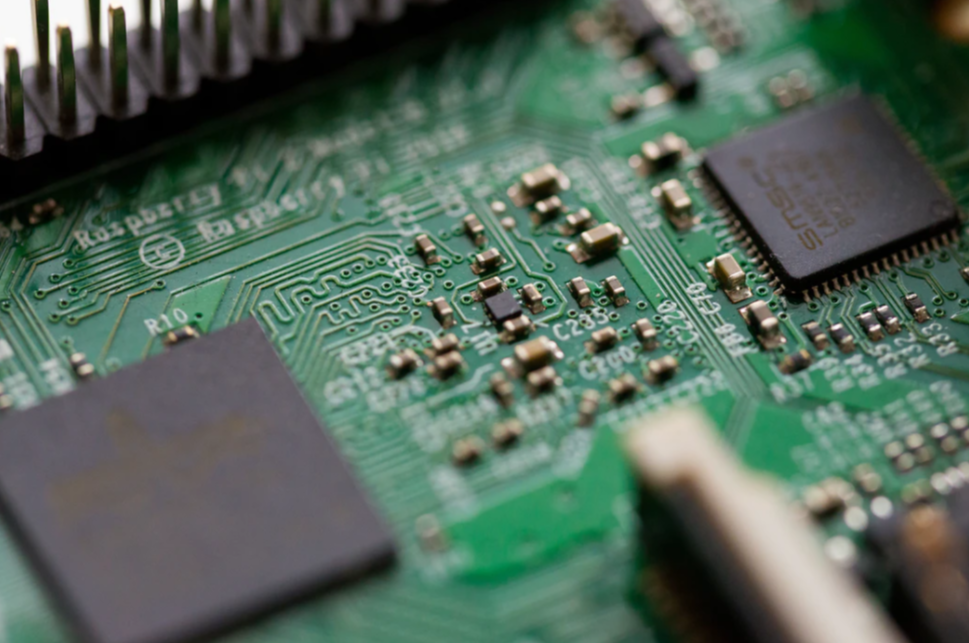One common complaint about sustainable decision-making is that one person can’t make a major difference, or that it often feels like our changes don’t matter. In some ways, there is a point to this, just 100 companies are responsible for 71% of global emissions, but our individual impact on the environment is still very real and we can still make a difference. One of the ways we can do this is through our relationship with technology.

The manufacturing and running of digital technology is estimated to emit 1.7 Billion tonnes of greenhouse gas every year, this is around 400g per person. But shopping second-hand, and extending the lives of technology saves money and the environment, something that is both achievable and beneficial for students worldwide. Students every year spend hundreds on laptops and phone contracts, when cheaper alternatives are both financially and environmentally less taxing.
According to a study from Shpock, Brits opting to buy second-hand phones and accessories saved 3,553 tonnes of CO2, and computers and laptops saved a further 22,840 tonnes. Moreover, buying second-hand sees significant savings, which quickly add up. In a world where students often struggle financially, and have very limited power over major decisions, something like second-hand technology can make a significant impact on your carbon footprint.

With a stream of annual updates and releases, the temptation to buy the latest upgrade is strong, but do we need these updates? Often, they are more expensive and wasteful than they are worth, and offer limited improvements from their previous versions. By only upgrading when we need to, we can limit our waste, maximise our savings and make a lasting impact to our carbon footprints that really counts, whilst making the most of the products we buy.
With all this in mind, it’s worth considering our behaviours and the reasoning behind our purchasing behaviours. While students can’t necessarily dictate their living situations, energy providers or course requirements, they can make plenty of small changes that quickly add up. It’s worth considering.
by Dan Johnson, SGO Projects Officer #actingtogether
 Sustainability
Sustainability Felicity Brambling-Wells
Felicity Brambling-Wells 1498
1498


